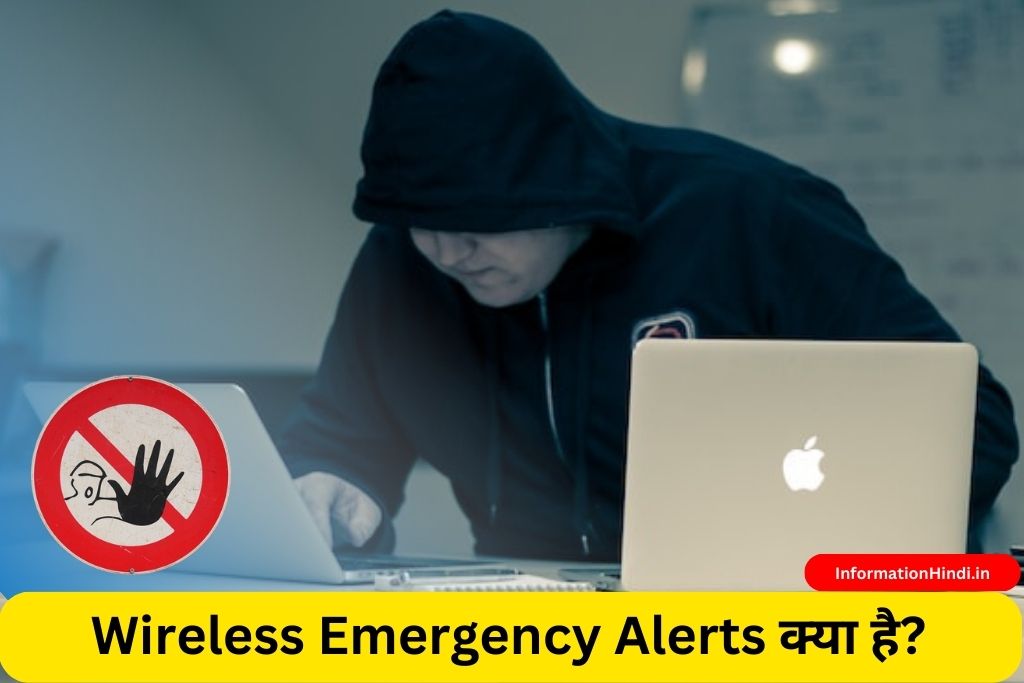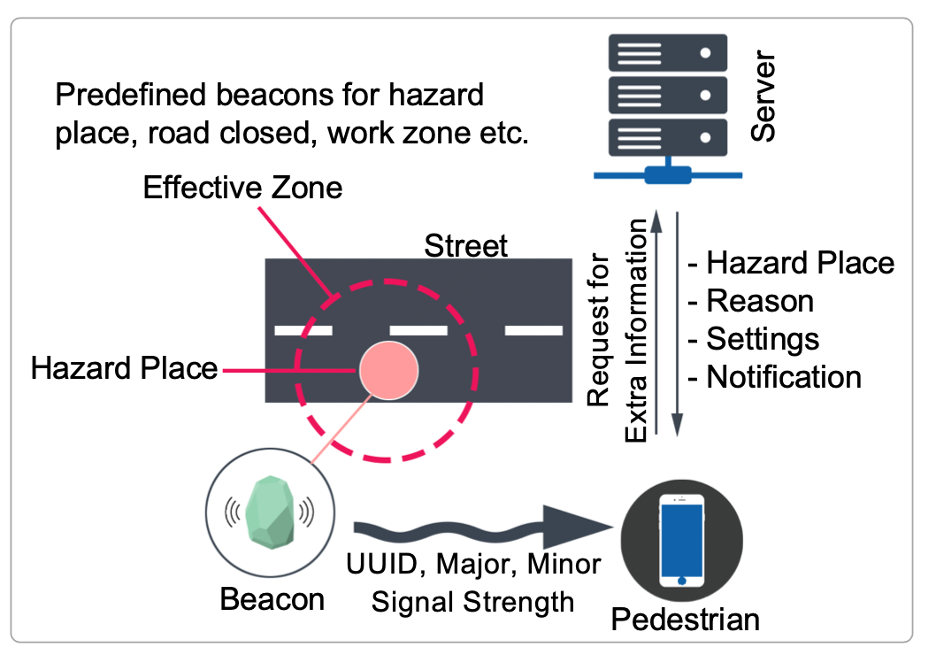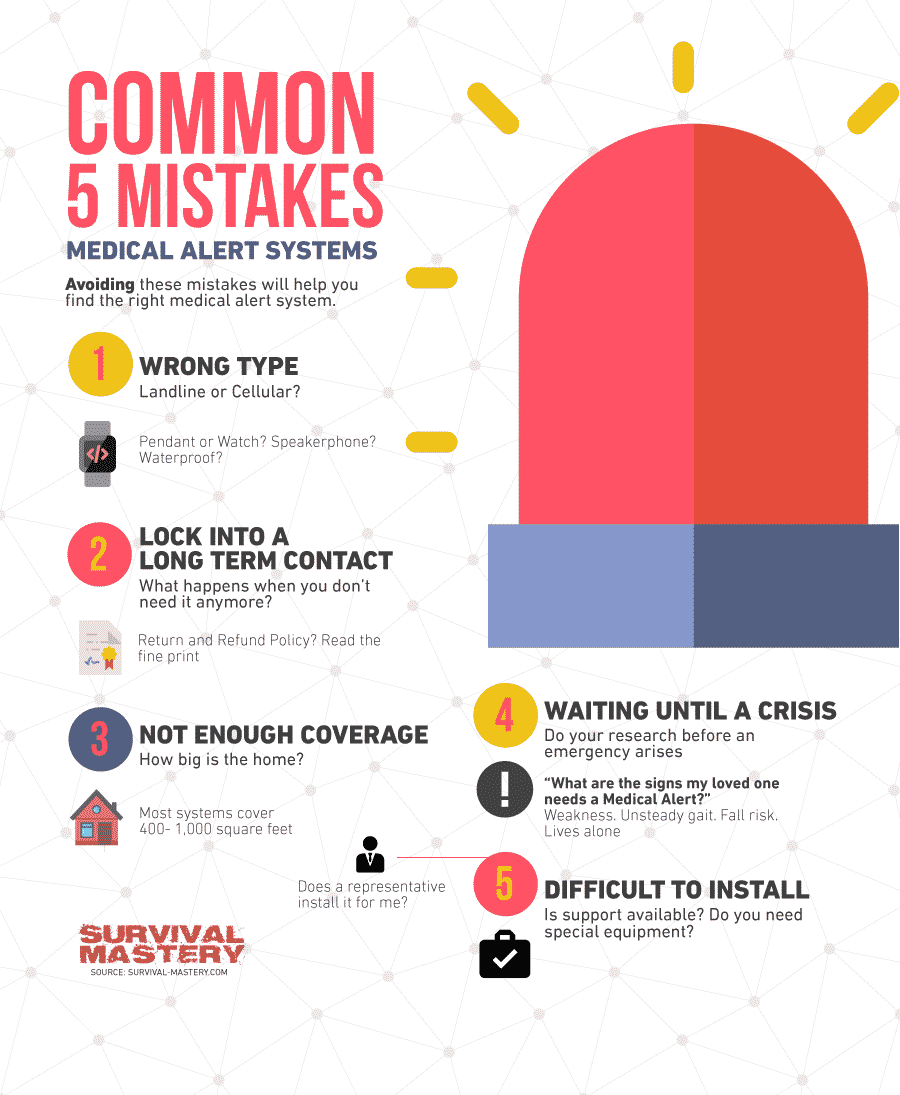Overall system of emergency alarm generation Circuit Diagram The Wireless Emergency Alerts system is an essential part of America's emergency preparedness. Since its launch in 2012, the WEA system has been used nearly 96,000 times to warn the public about dangerous weather, missing children, and other critical situations - all through alerts on compatible cell phones and other mobile devices.

SUMMARY: In this document, the Federal Communications Commission (Commission) proposes to broaden the circumstances in which alert originators may send Wireless Emergency Alert (WEA) messages using the "Public Safety Message" classification, which can allow consumers greater flexibility in how messages are presented on their mobile device, including the potential ability to silence alerts. When emergencies strike, public safety officials use timely and reliable systems to alert you. This page describes different warning alerts you can get and how to get them. Wireless Emergency Alerts (WEAs) Wireless Emergency Alerts (WEAs) are short emergency alerts authorities can send to any WEA-enabled mobile device in a locally targeted area. This course is intended for Alert Originators of the Integrated Public Alert and Warning System (IPAWS). The goal of this course is to provide authorized public safety officials with: Increased awareness of the benefits of using IPAWS for effective alerts and warnings Improved skills to draft more appropriate, effective and accessible alert and warning messages Best practices in the effective

Emergency Alerts Circuit Diagram
Wireless Emergency Alerts (WEAs) are short emergency messages from authorized federal, state, local, tribal and territorial public alerting authorities that can be broadcast from cell towers to any WEA‐enabled mobile device in a locally targeted area. Wireless providers primarily use cell broadcast technology for WEA message delivery. WEA is a partnership among FEMA, the Federal

Tips to Build an Emergency Alert System. When an emergency strikes, national and state authorities send an alert on your smartphone. Also known as Wireless Emergency Alerts (WEA), ensure these aren't affected by network congestion and check with wireless providers if needed. Here are a few tips to build an emergency alert system:

Wireless Emergency Alerts; Emergency Alert System Circuit Diagram
The Integrated Public Alert & Warning System (IPAWS) is FEMA's national system for local alerting that provides authenticated emergency and life-saving information to the public through mobile phones using Wireless Emergency Alerts, to radio and television via the Emergency Alert System, and on the National Oceanic and Atmospheric Administration's Weather Radio.

Wireless emergency alert systems will always be more cost effective when compared to hard wired systems due to the costly wiring that could be a major part of the overall system installation cost. For example, a basic alert system that includes a CT157 wall-mounted panic button and a single VNS2620 wireless PA speaker will cost approximately
